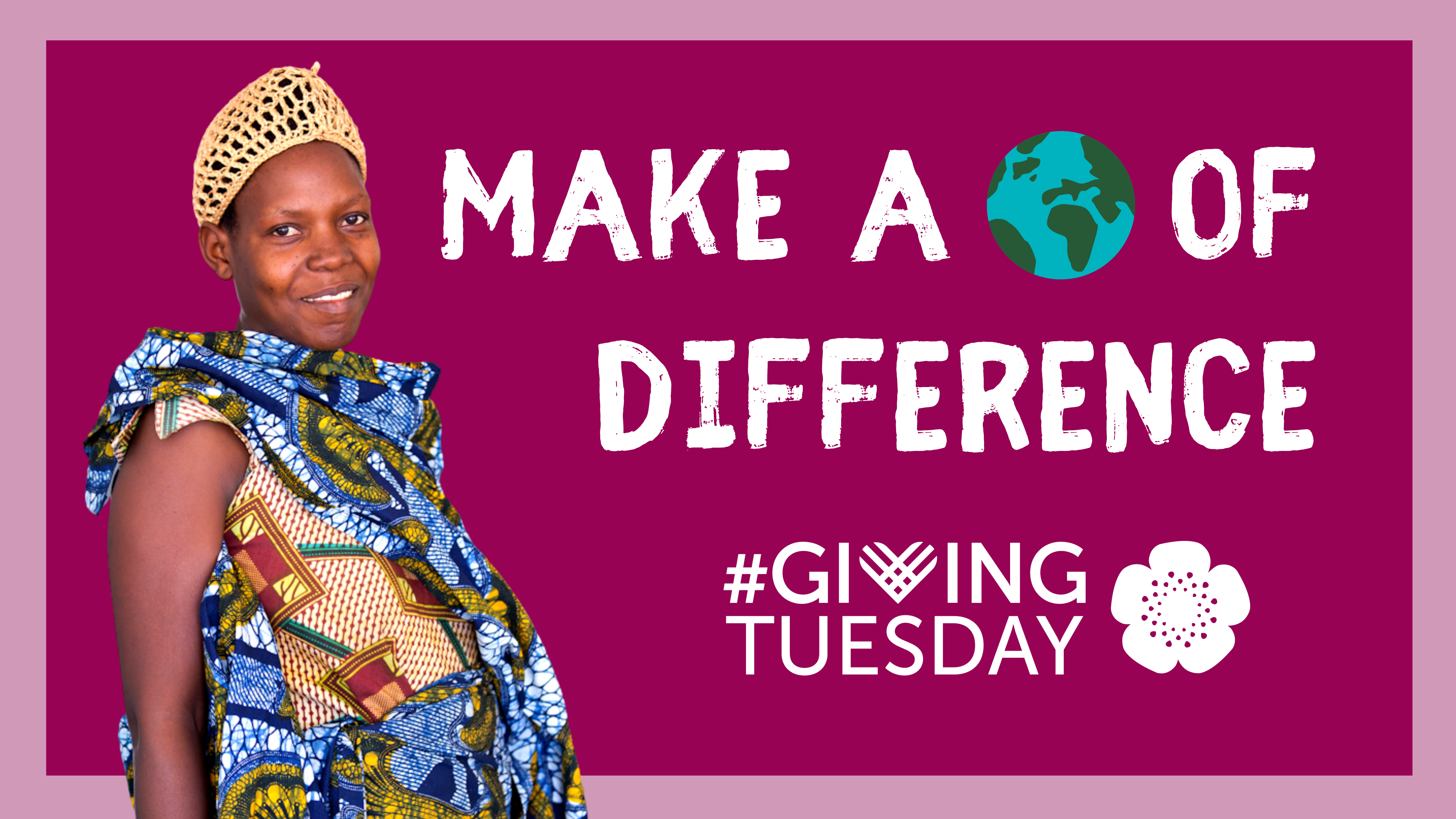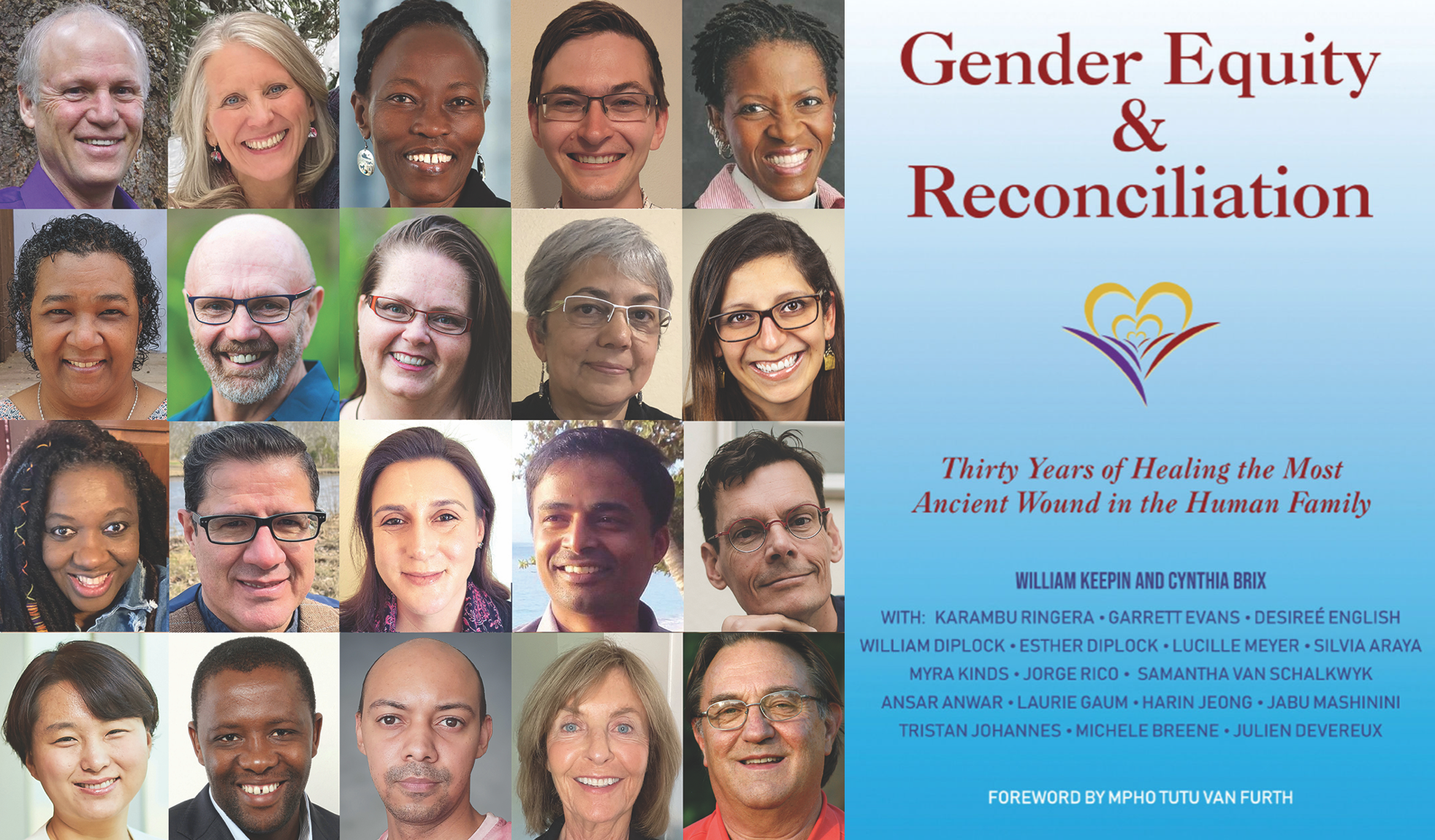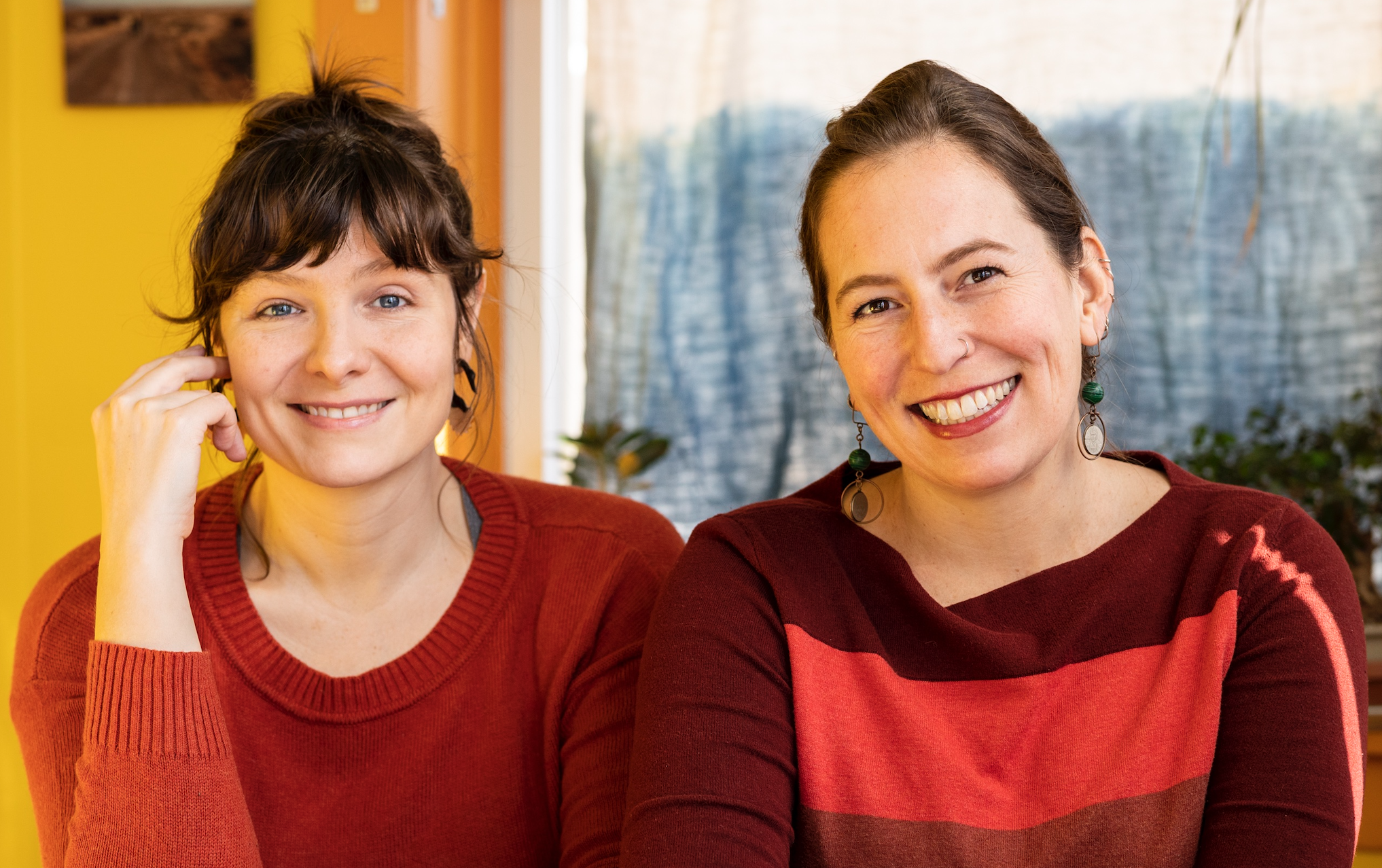
If you’ve been paying attention to the media over the past couple of years, you will be familiar with the term “slut-shaming”. It is a horrific attempt to downplay a young woman’s sexuality, and in essence brush off any sexual crimes that may have been committed against her.
While the issue of double standards when it comes to men and women proudly owning their own sexuality is a whole other (and ongoing) topic, the sexual crimes issue is much more serious.
There are specific news stories we can point to that show just how misinformed we still are as a society on consent, rape, sexual assault, domestic violence and so on. The now-infamous rape story of a University of Virginia Freshman who was allegedly gang raped in 2012 was covered by Rolling Stone. Questions were raised about how the journalist only interviewed the alleged victim, and didn’t contact the perpetrator and others involved. Eventually it turned out there were many fabrications and holes in the story, which left many feeling angry. Not only because of the lack of journalistic integrity, but for how the whole issue of rape, and rape on college campuses specifically, has been handled.
The truth is there are college campus rapes that happen all over America every day. According to a 2000 Justice report 20-25% of college women experience rape or some type of sexual assault, and between 80-90% of assaults involve acquaintances, not strangers.
Only 10-25% of male college rapists are expelled, and fewer than 1 in 20 completed and attempted rapes against college women are reported. In January two cases of rape hit the news headlines because justice was actually served. The first was involving 19-year old Stanford freshman Brock Turner who was accused of raping a woman as she was unconscious.
On Tuesday, January 27, two male Vanderbilt university students were convicted of raping an unconscious woman for an incident that took place in Jun 2013, and 19 months to get to trial. These are only two victories in a sea of many failed ones, but it sends a loud and clear message: rape should NOT be tolerated (even when a woman is intoxicated which this victim was found to be) and victims should never fear speaking up.
Also it should be noted that nearly three quarters of college female rape victims in the Justice report were intoxicated. These are just a few of the facts. But what it tells us is many institutions have done a poor job of handling rape cases, the media still has a grave lack of understanding on how to report it, and our culture has an unhealthy lean toward victim-blaming and slut-shaming rather than looking at a case as a crime.
Just look the huge movement, largely led by “men’s right’s activists” to discredit many rape stories claiming that most women just lie about being raped. One theory of theirs is that women use fake domestic violence and rape charges to manipulate men. It’s a tragedy to think there is such a division when it comes to rape, rather than a thirst for knowledge and better understanding of how to handle it.
With the overwhelming amount of college rape cases being reported by the media, it has become apparent to many higher education institutions that the need for better legislative language is necessary to be able to prosecute and define what rape is.
Columbia University student Emma Sulkowicz who was raped by a man on her first day of her sophomore year became a viral sensation after she vowed to carry around a mattress with her until the day her perpetrator was gone from the school. She has become known as the “mattress activist”. Her attacked has spoken publicly saying the allegations are not true and has gone as far as to call it harassment. He has been acquitted by the investigating bodies of the incident, but Emma is not giving up. So does that mean we too should just turn our heads and go home now that an official investigation found there was no rape to report? Or do Emma’s and many other young women’s actions prove that perhaps our laws and means of investigating the truth are still very flawed?
There has to be a stark re-examining of our culture when an issue relating to a crime (yes, let’s not forget that in every state in America today, rape is a punishable crime) divides people, and leaves law enforcement and perpetrators grabbing at every loophole possible when it should be a hell of a lot easier to determine what is consent, and what is a crime.
A new documentary which premiered at Sundance this year called ‘The Hunting Ground’ from Oscar-nominated filmmakers Kirby Dick and Amy Ziering, examines the rape crimes on college campuses, institutional cover-ups and the brutal social toll on victims and their families. It is the first of its kind and comes at time when we need this conversation more than ever.
Talk show host and comedian Jay Leno kinda hit the nail on the head when asked to comment about Bill Cosby’s many sexual assault allegations (which also have many people divided on the truth and discrediting the women coming forth).
“I don’t know why it’s so hard to believe women. You go to Saudia Arabia, you need two women to testify against a man. Here you need 25.”
Yep, even high profile assault cases get people divided. Bill Cosby has been accused of sexual crimes before but now more and more women are coming out of the woodwork, women who do not know each other, and are telling their stories now that they don’t feel scared to do so. The treatment of rape victims in the media is something that needs a massive overhaul, but perhaps media is not going to be the leader on this one.
The way that all the NFL domestic violence cases were reported in 2014 and how victims were portrayed shows very little understanding of an actual crime and what the victim goes through, and shows how the media favors the controversy. The perpetrators get the front page stories, they are the ones getting enough coverage to last a lifetime. Where are all the pieces about learning how to understand why a victim of domestic violence often chooses to go back to his or her attacker? Isn’t that something worth talking about?
One issue could be the way laws define consent. California has become the only state in America to actually have a law outlining what consent is, nicknamed the “yes means yes” law. But will legislation be the turning point in how we as a modern society deal with sexual crimes? Yes it will help, but it will not change the attitudes and actions of perpetrators who still see no wrong in what they are doing.

So the final frontier has to be changing our culture, and it has to start early. We have to start teaching young men and women from as young as they can walk, talk and develop opinions, how to respect each other and why doing something to someone against their will is in fact a crime, no blurred lines.
Is pop culture strong enough to change people’s attitudes toward something? Take the example of the conversation surrounding the transgender community. A few years ago there was nothing in entertainment or pop culture giving us accurate representations or a human approach to transgender folk. All we had was ‘The Birdcage’ and ‘Priscilla Queen of the Desert’ and they were mostly about drag queens. It was as close as we got to the conversation.
Today, we have award-winning shows ‘Orange is the New Black, ‘Transparent’, and media personality Janet Mock breaking down barriers, allowing audiences to get a more realistic insight into what transgender really means. The growing conversation has allowed us to start realizing bullying and suicides involving trans folk is horrific, yet preventable with more education and less stigma.
The same goes for rape. The more it is tackled in TV shows, in movies, in literature and in art, the less we see it as something taboo that we can just ignore until we have to go through it ourselves. One creative group trying to change the culture of slut-shaming and rape is SLUT: The Play. You may remember “The Slut Diaries” series we published last year where the young female cast members of this traveling educational production shared their personal stories of slut-shaming and thoughts about how boys view girls bodies.

This year the play, led by writers and creators Meg McInerney and Katie Cappiello are once again touring the country, but this time focusing on bringing the production specifically to schools and educational institutions. They want to break down the stigma surrounding this conversation and know how much more powerful a cultural shift can be.
They have published the play into a book called ‘SLUT: A Play and Guidebook for Combating Sexism and Sexual Violence’ published by The Feminist Press for schools and organizations to use as an educational tool.
Katie Cappiello believes this book will be a game-changer amongst the younger generation because the media is driven by demand, and the youth of our country is demanding better justice.
“The book opens with 20 stories from young people who are screaming out on behalf of their generation about the damaging impact of this culture. Their voices really hit home. How can you read the story of a 14-year-old girl who was sexually assaulted by her doorman and then slut-shamed by those in her apartment building and not want to make the world safer? Who better to call out the media than those dealing with slut-shaming, revenge porn, street harassment, rape, cyberbullying, and sexual double standards, day in and day out,” she told us.
“We want this book to motivate young people to say enough is enough, we’re not buying this anymore, and demand better – by creating their own media, speaking up, choosing not to download, or simply changing the channel. That’s how we get media to pay attention.”

They are planning to infiltrate the school system and get them to use the book to drive the conversation. We asked her what she would say to any schools who might feel hesitant or unconvinced that this is a good idea, especially since it is still such a taboo topic.
” Everything in the book – every tool, story, essay, strategy – we’ve utilized in our workshops with young people across the country and their communities are seeing change. we’ve heard directly from students nationwide, they are hungry for this conversation – we’ve heard from them that this is the issue they most want to talk about and they are looking for leadership and support from their teachers and school administration,” she emphasizes.
“Show students you’re willing to fearlessly take on this issue – not sugar coat it, not simplify it or shy away from it Be the leaders – demonstrate for them that talking about sex, sexual shaming, and rape directly and honestly is important. Make school a safe space where young people can openly communicate, plan, and work together to create healthier dynamics. This book gives you the tools to do just that.”
To coincide with their 2015 tour and in an attempt to be one of the media outlets that adds to the cultural conversation, we are once again publishing a short series of blog posts by a few girls and boys involved in the play to be part of the growing dialog around the country.
We encourage you to buy this book and be a part of a cultural revolution when it comes to rape and sexual crimes. Never underestimate the power of speaking up, even in small ways. Here is a sneak peek of SLUT: The Play.

















One thought on “Is A Cultural Revolution The Solution To Stop Slut-Shaming?”